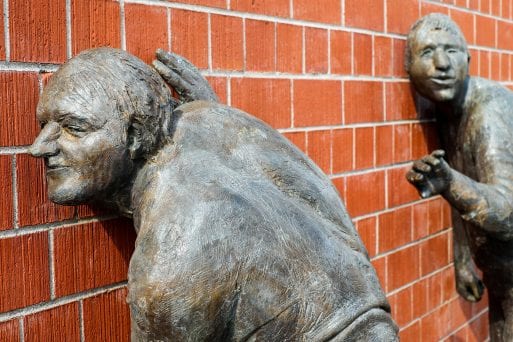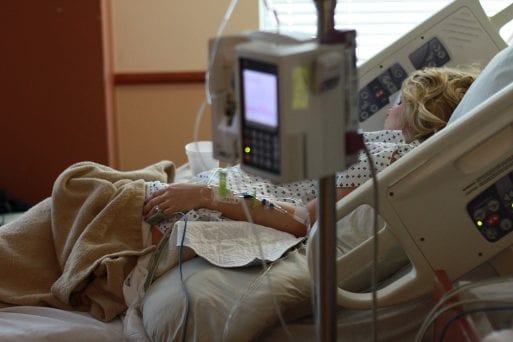 Many people become unresponsive in the hours before death, but does that mean they can’t hear? Researchers at the University of British Columbia set out to answer this question by studying the brain activity of nine hospice patients as compared to 17 young, healthy control participants. Their findings were published in the journal Scientific Reports last month.
Many people become unresponsive in the hours before death, but does that mean they can’t hear? Researchers at the University of British Columbia set out to answer this question by studying the brain activity of nine hospice patients as compared to 17 young, healthy control participants. Their findings were published in the journal Scientific Reports last month.
Elizabeth Blundon, who recently graduated from UBC with a PhD in psychology, conducted the study along with Lawrence Ward, a psychology professor at the university, and Dr. Romayne Gallagher, a now-retired palliative care physician at St. John Hospice in Vancouver. While anecdotal evidence suggests hearing may remain intact near death, there has been no scientific study to support this assertion. So Gallagher, who’d spent 30 years working in hospice, contacted UBC to see if research could confirm that hearing is, indeed, the last sense to go.
“A lot of people are scared of this time and they don’t quite know what to do,” Gallagher told CBC. “We often say to them, ‘Talk to them, play their favorite music.’ Things like that.'”

Lack of responsiveness at the end of life is commonly caused by inadequate blood supply to the blood-brain barrier, which limits neuronal firing, while pain medication can also reduce activity. Many people are plagued by the questions that arise under such circumstances. “Being at the bedside of an unresponsive dying person can feel like trying to find out whether someone is home by looking through thick-curtained windows,” wrote Jennie Dear of her mother in The Atlantic. “Is the person sleeping, dreaming, experiencing something supernatural? Is her mind gone?”
Near-Death Hearing Does Function
The study recorded electrical brain signals to determine neural activity. Ultimately, researchers found that unresponsive hospice patients exhibited brain activity similar to both responsive patients and the control group when exposed to sequences of sounds. “This is consistent with the trope that hearing is one of the last senses to lose function when a person is dying, and lends some credence to the advice that loved ones should keep talking to a dying relative as long as possible,” the study read.
Blundon cautioned that just because dying patients can hear doesn’t necessarily mean that they can comprehend. “Their brains responded to the auditory stimuli, but we can’t possibly know if they’re remembering, identifying voices, or understanding language,” she said in a press release announcing the findings. “There are all these other questions that have yet to be answered.”
Still, some individuals believe this is the case. Hilary Jordan regularly spoke to her husband, a police officer injured in a crash, for 30 years after he went into a coma. “I said something to him before he passed, which made him know that it was OK to leave us,” she told CBC. “I had never said those words before, so shortly thereafter he did pass.
“I do believe he could hear,” she said.

 Study Finds Hearing Remains Active Close to Death
Study Finds Hearing Remains Active Close to Death


 How Dare You Die Now!
How Dare You Die Now!
 Debating Medical Aid in Dying
Debating Medical Aid in Dying
 “Help Me, Helen”
“Help Me, Helen”














